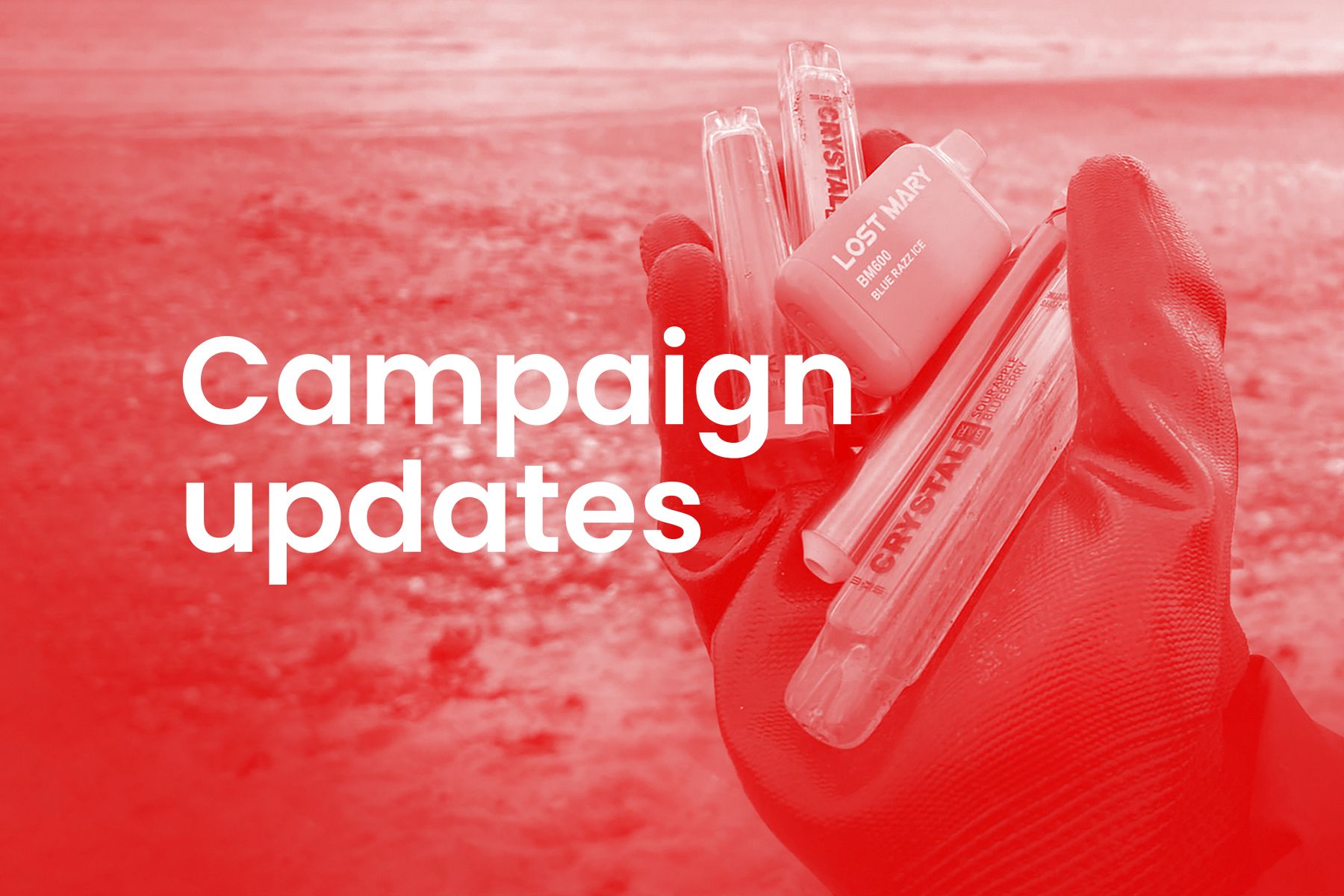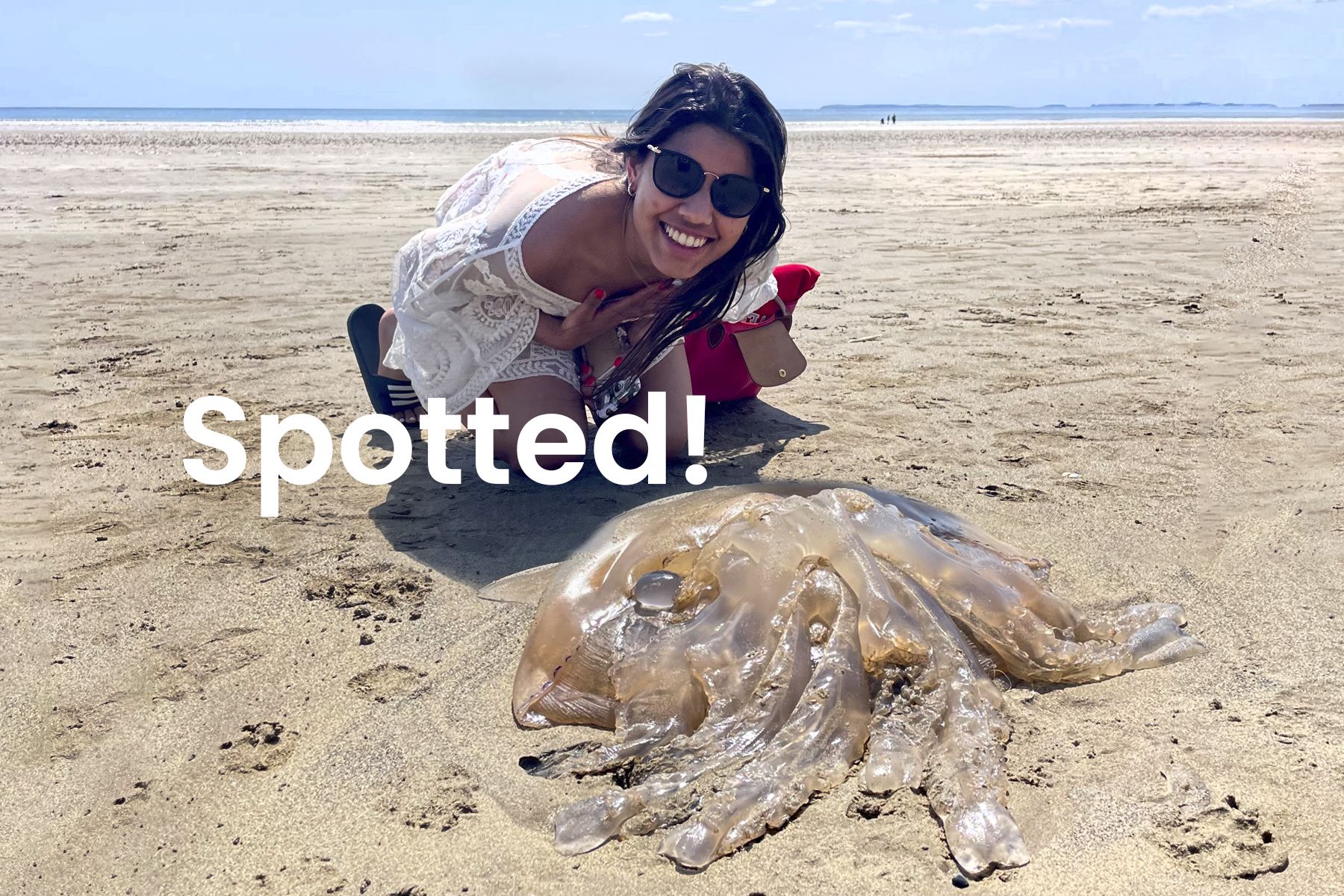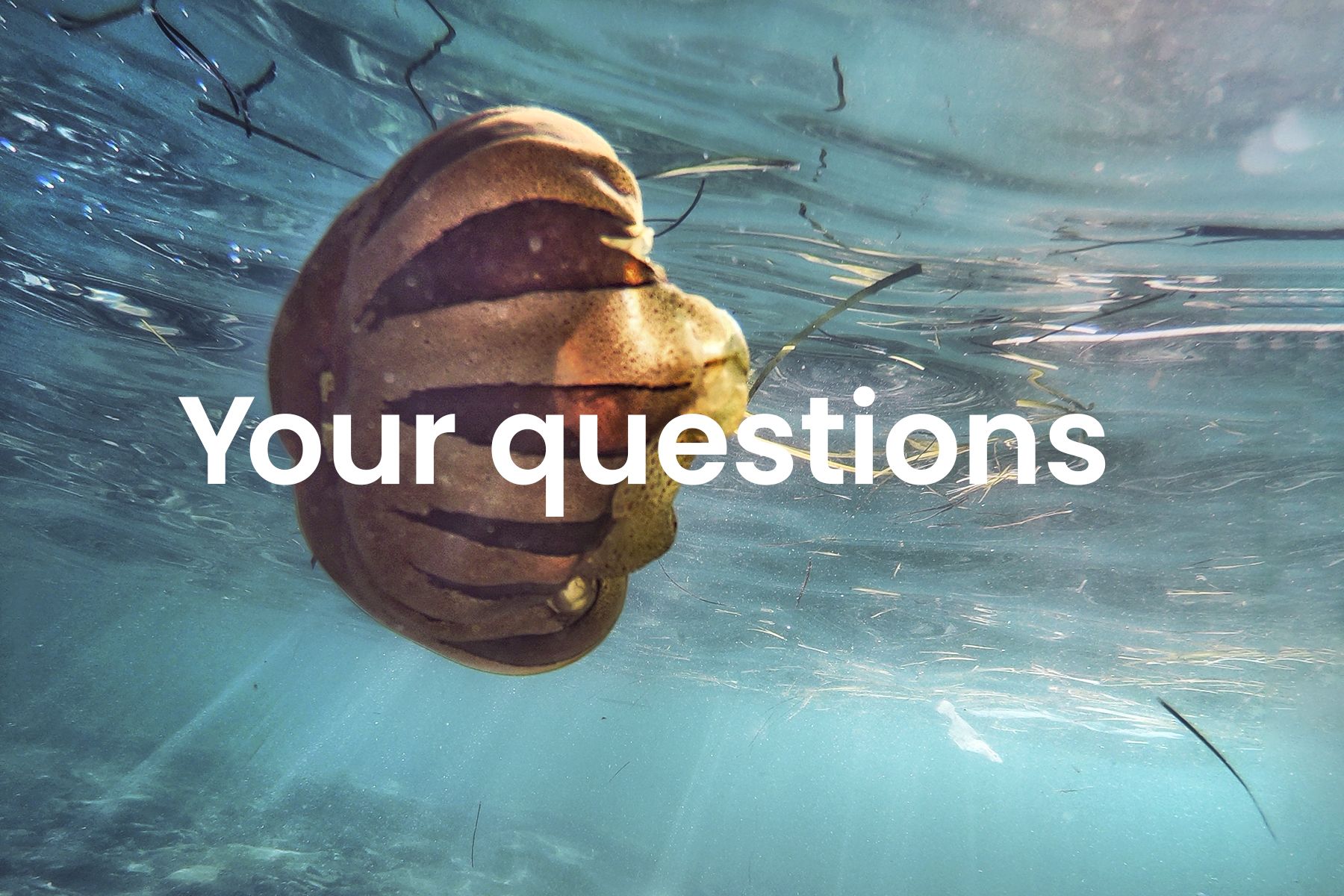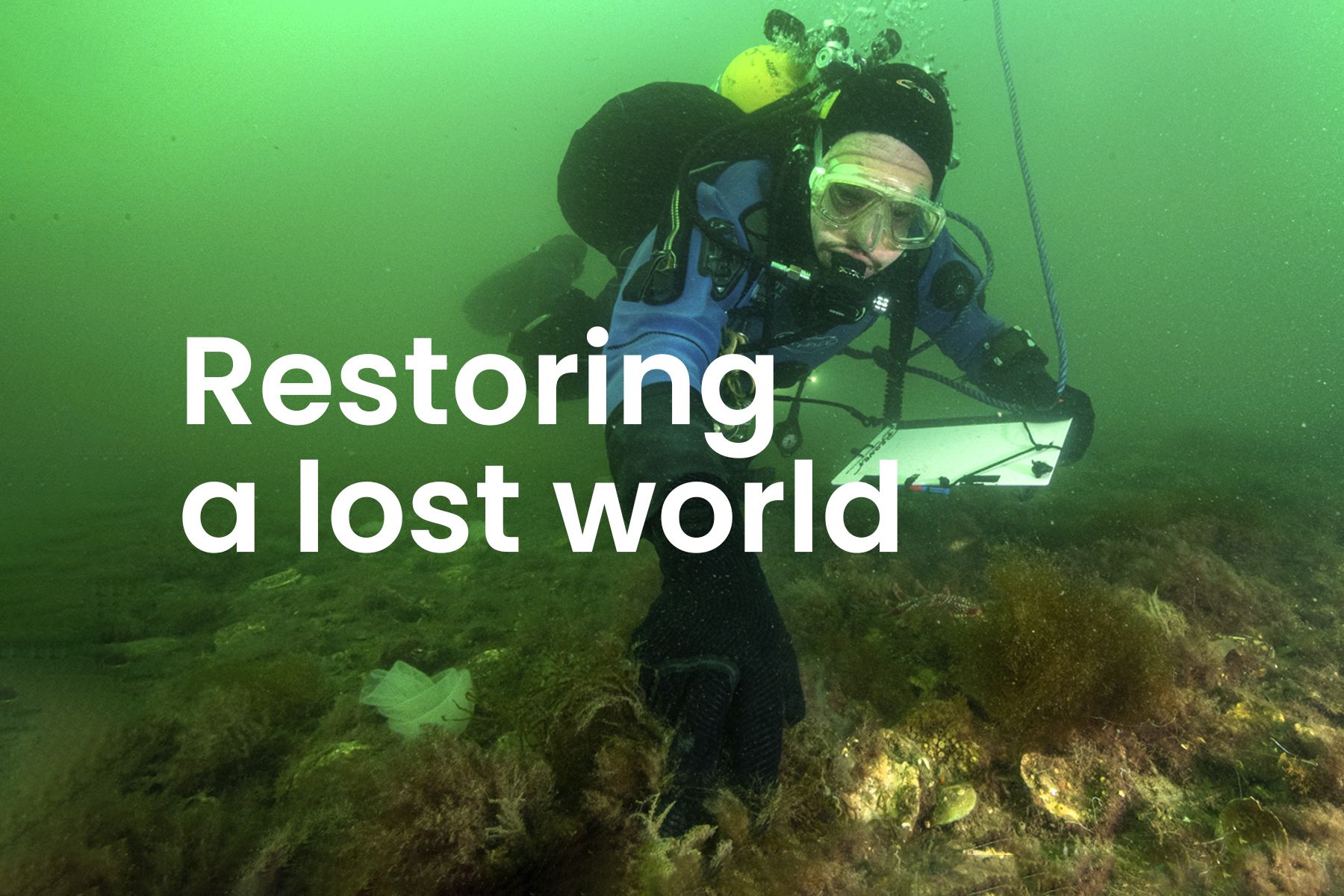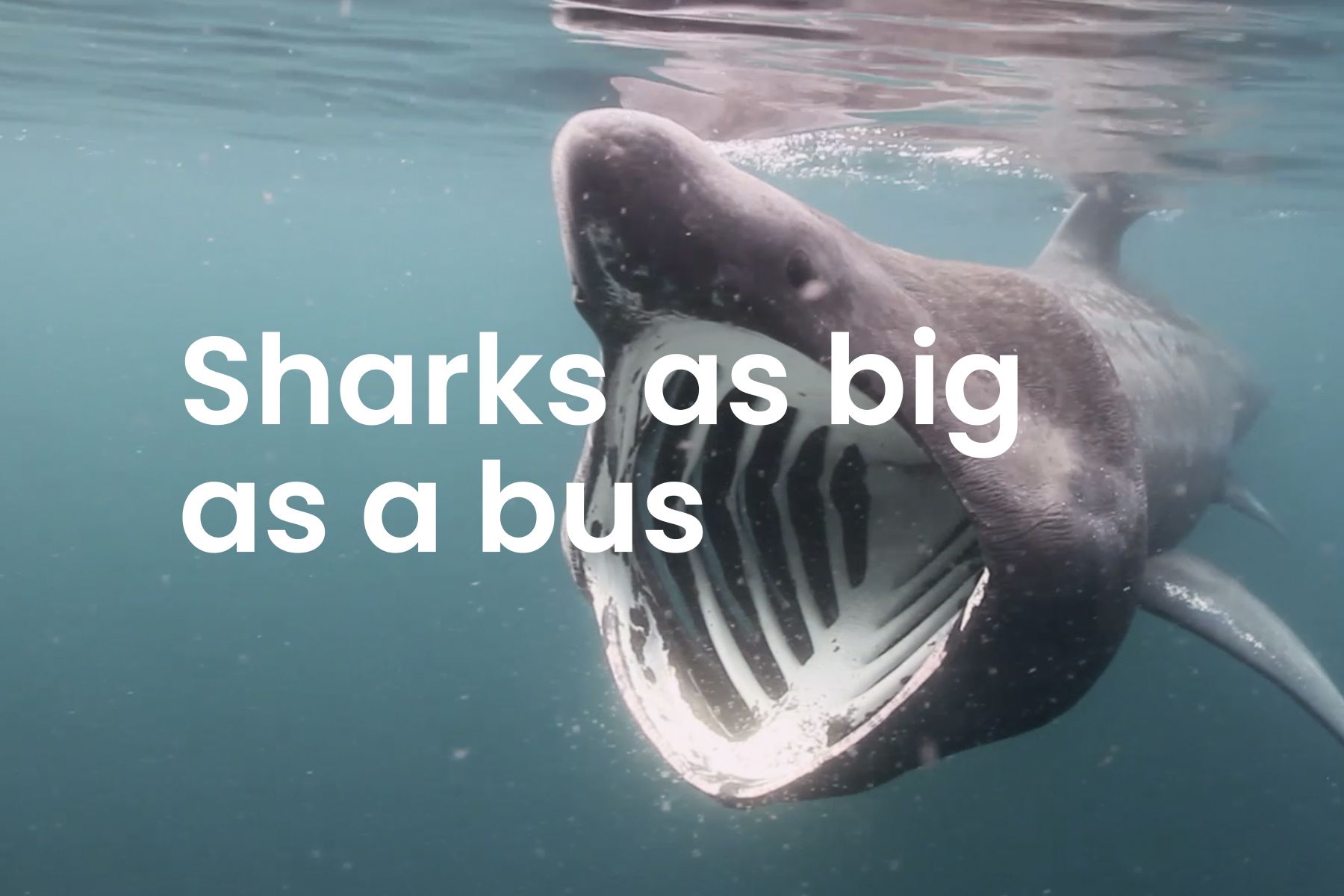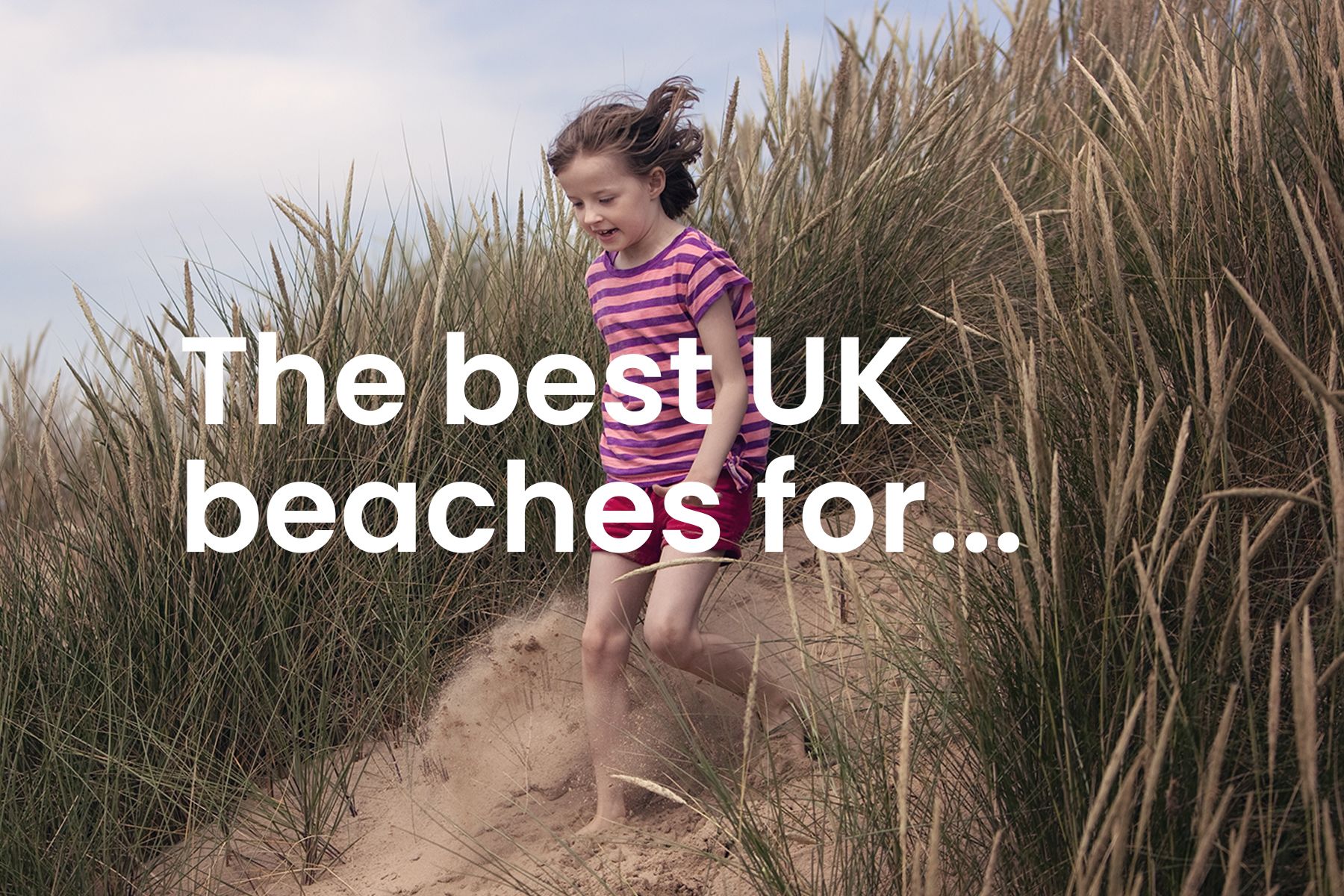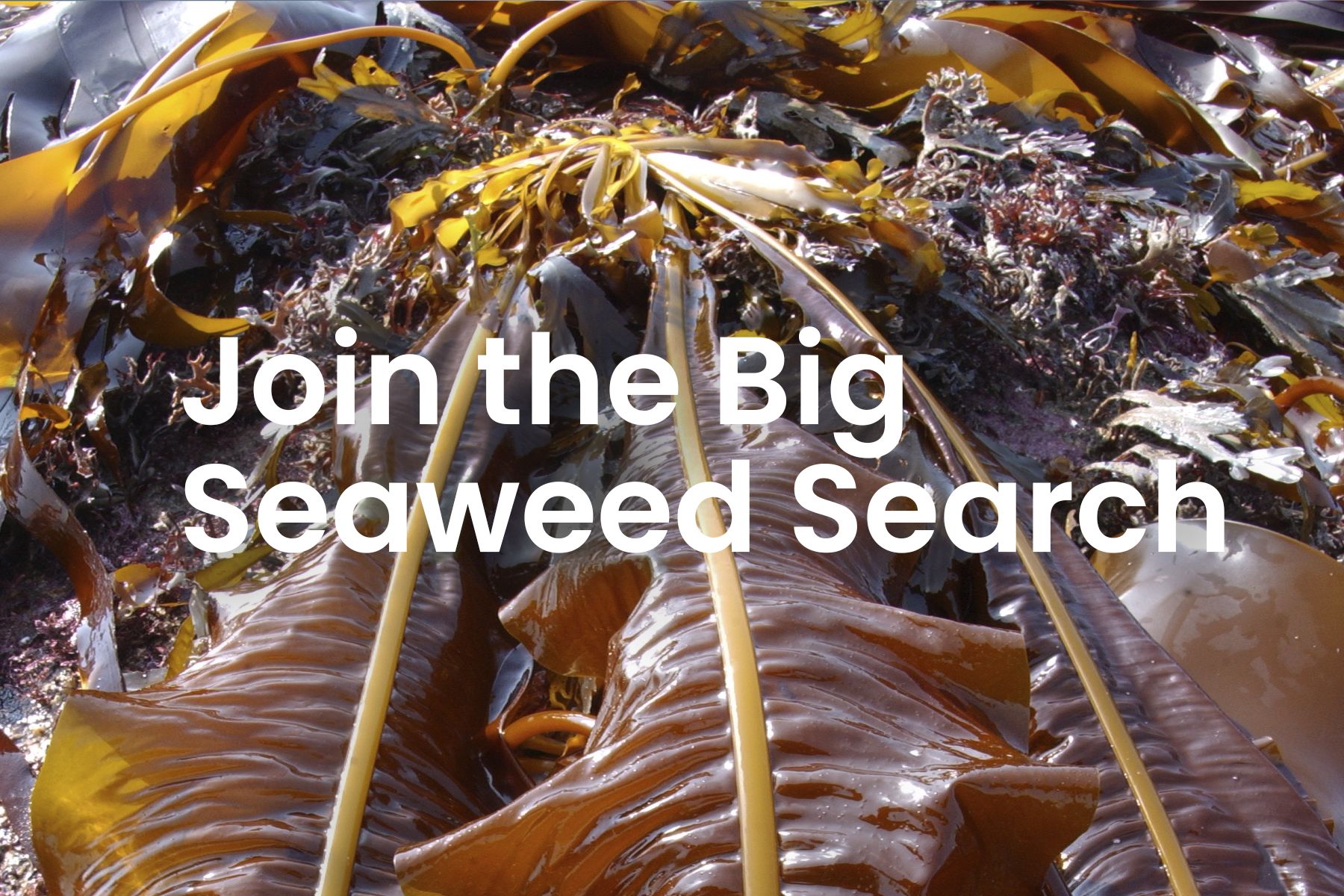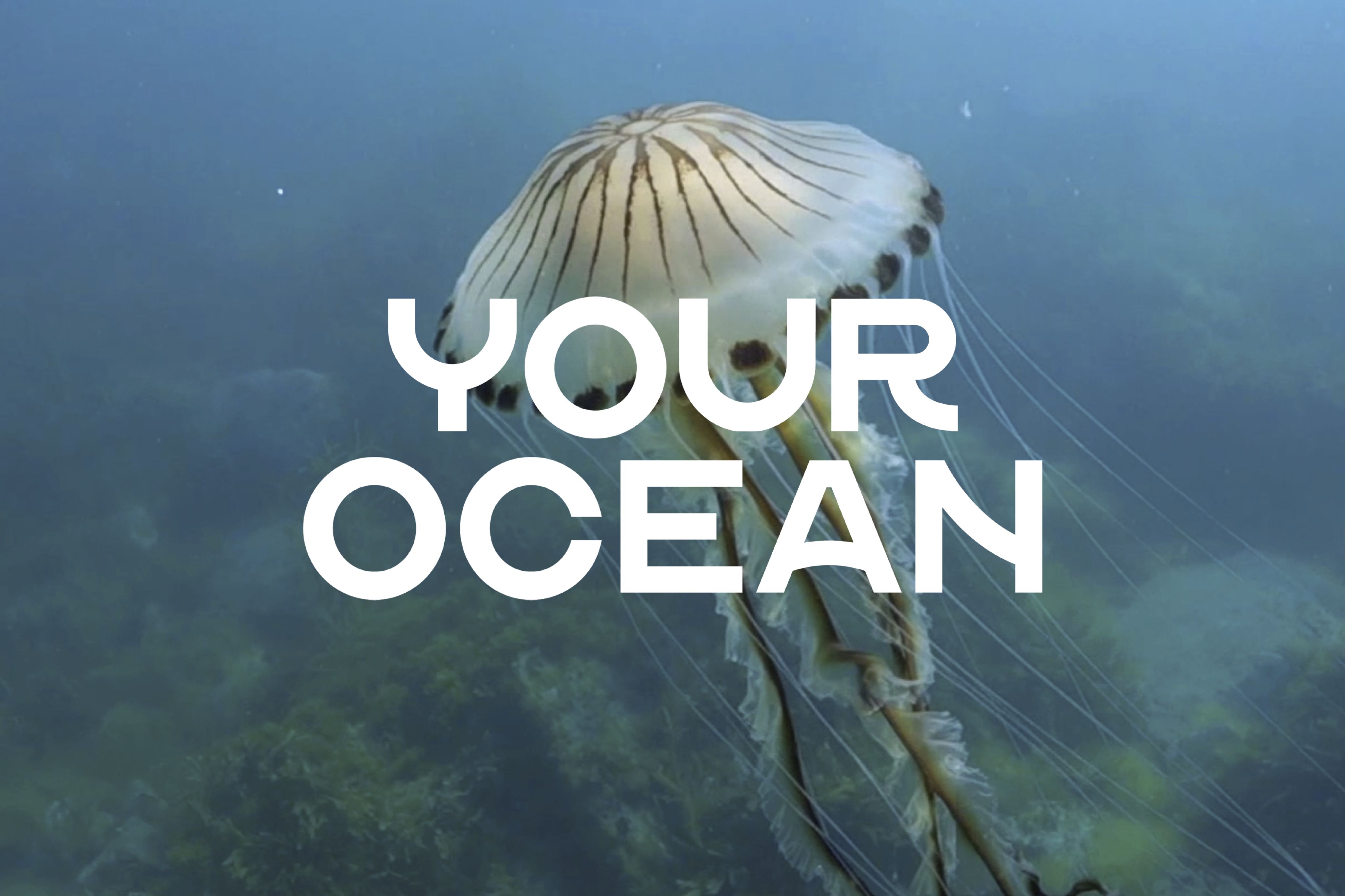
Be an ocean-friendly cook
Mussels are a sustainable choice in our Good Fish Guide. So, try our tasty Thai red curry mussels recipe
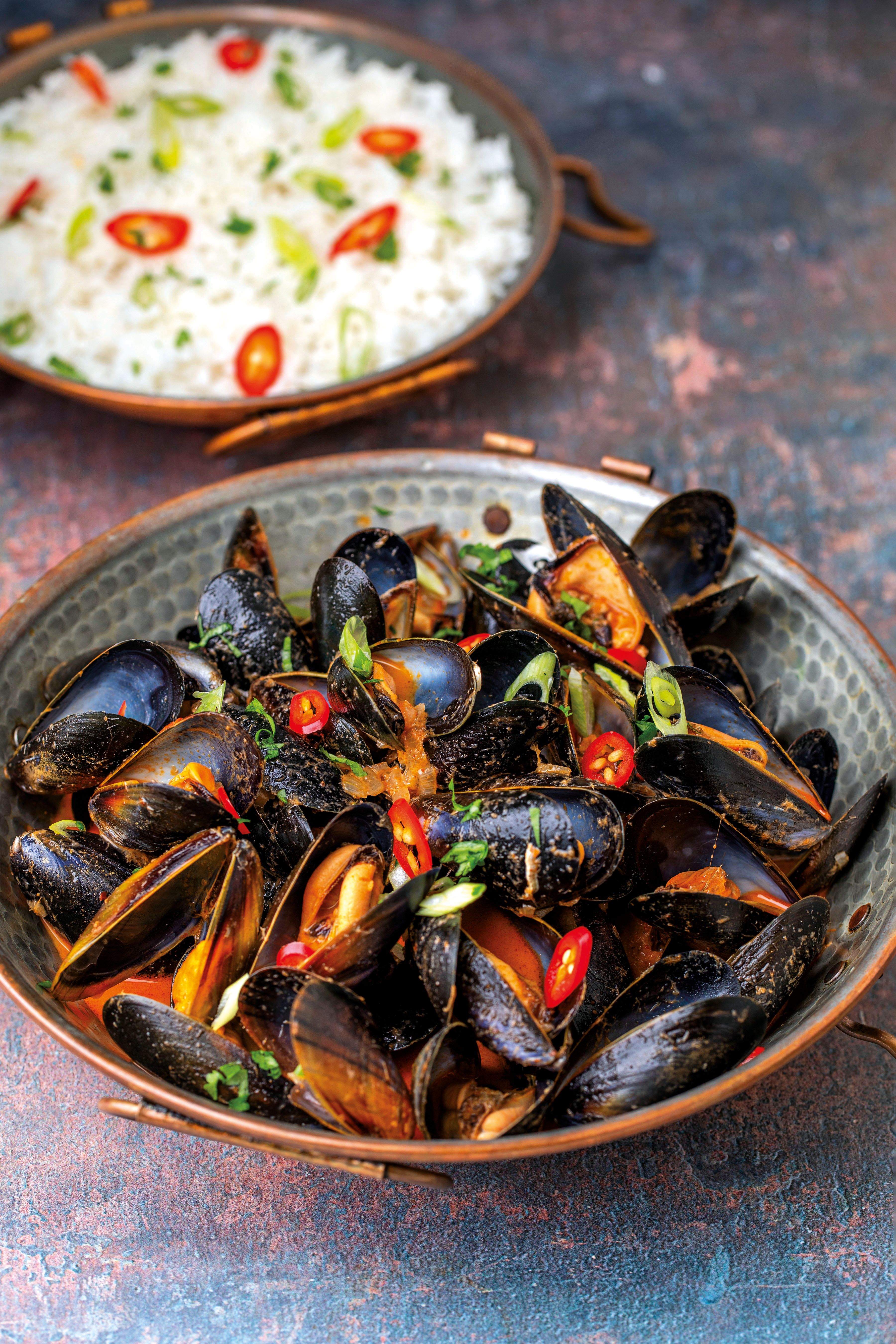

Be an ocean-friendly cook
Mussels are a sustainable choice in our Good Fish Guide. So, try our tasty Thai red curry mussels recipe




We asked Marine Conservation Society member Pauline Baker and writer Rachel Wood to test the recipe. Check out their verdicts...

Thai red curry mussels
Mussels are a budget-friendly, sustainable superfood, and this easy-to-make dish brings out their best. You may have some of the ingredients for this curry paste in your store cupboard, too.
Preparation time: 35 mins
Cooking time: 15 mins
Serves 2
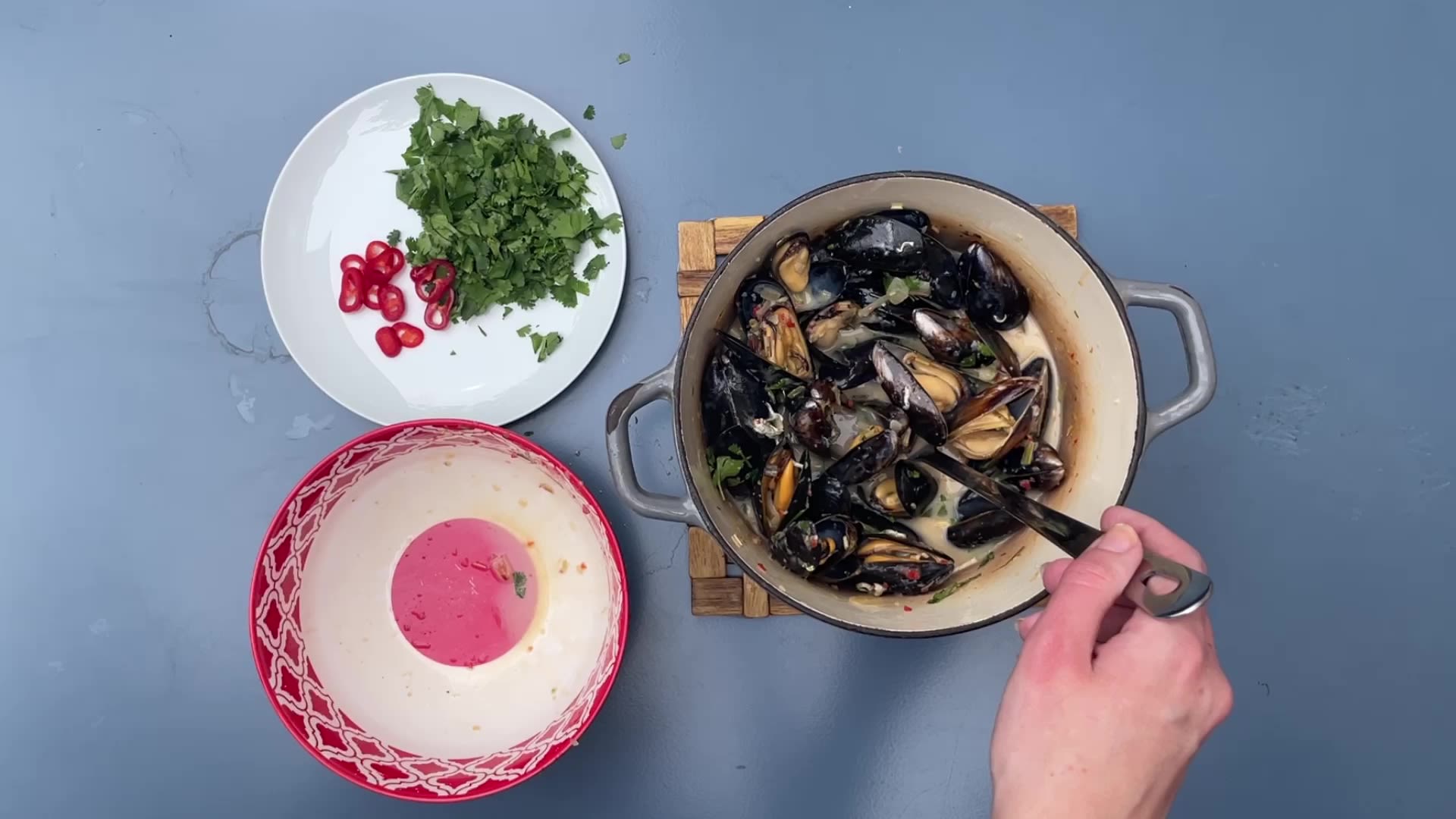

Thai red curry mussels
Mussels are a budget-friendly, sustainable superfood, and this easy-to-make dish brings out their best. You may have some of the ingredients for this curry paste in your store cupboard, too.
Preparation time: 35 mins
Cooking time: 15 mins
Serves 2

Ingredients
For the paste:
- ½ lemongrass stalk, roughly chopped
- 1 kaffir lime leaf, torn, central stalk discarded
- 3 red chillies, deseeded (or leave them in if you prefer heat), roughly chopped

For the mussels:
- 1kg fresh mussels

Ingredients
For the paste:
- ½ lemongrass stalk, roughly chopped
- 1 kaffir lime leaf, torn, central stalk discarded
- 3 red chillies, deseeded (or leave them in if you prefer heat), roughly chopped
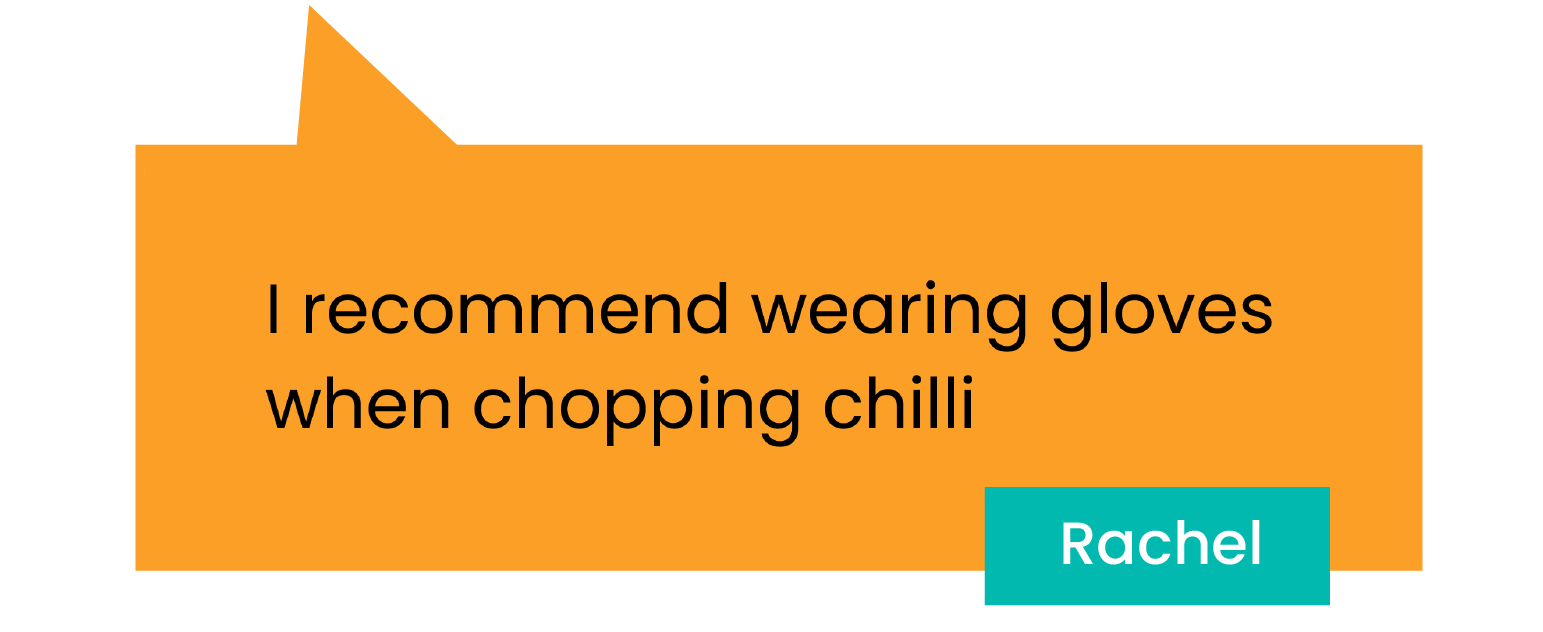
For the mussels:
- 1kg fresh mussels
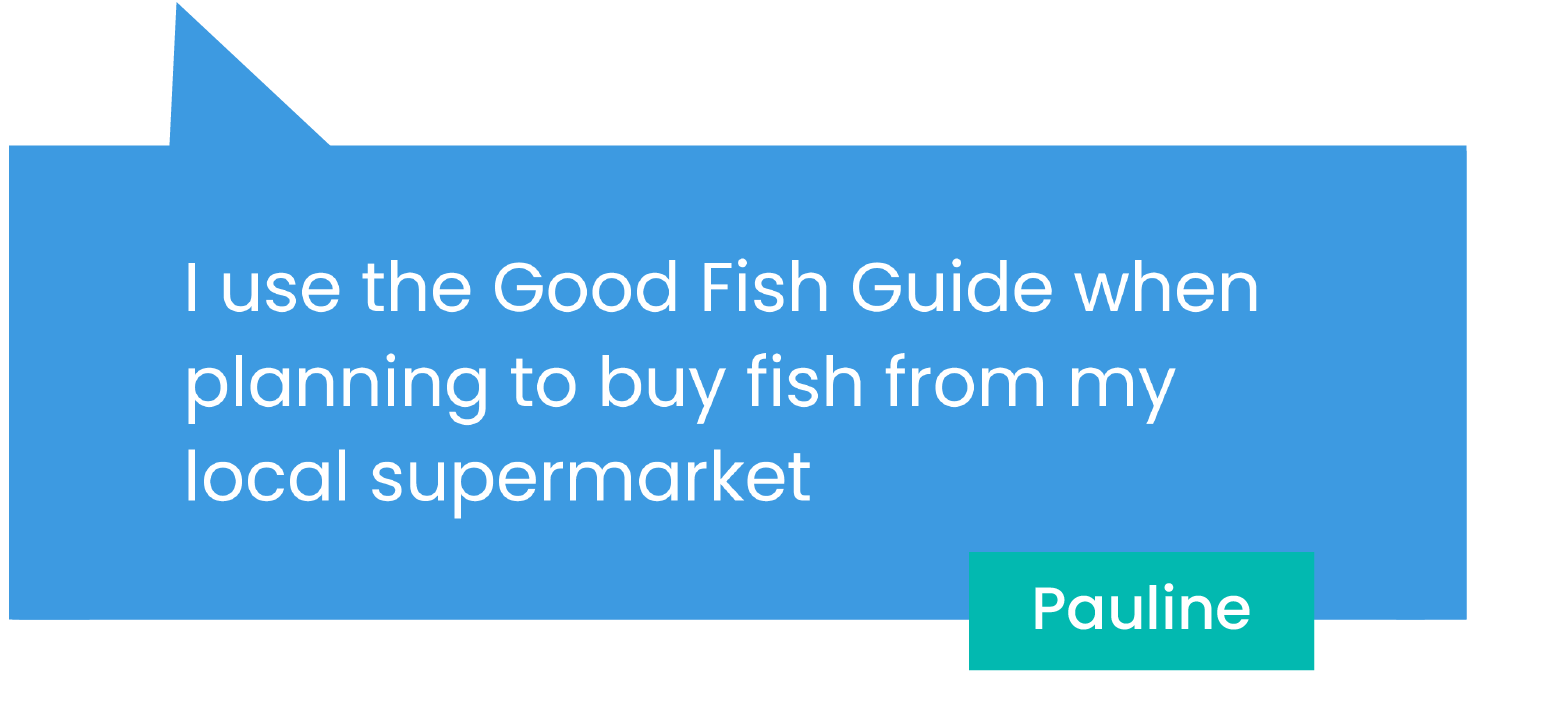
Method
1 Prepare the paste. Place the chopped lemongrass into a mortar with a pinch of salt and pound to a paste. Add the kaffir lime leaf and repeat. Then repeat with the chillies, coriander stems (reserving the leaves for garnish at the end), shallot, and lastly the garlic. Mix in the galangal. Finally, stir in the white pepper, cumin and ground coriander. Set aside.
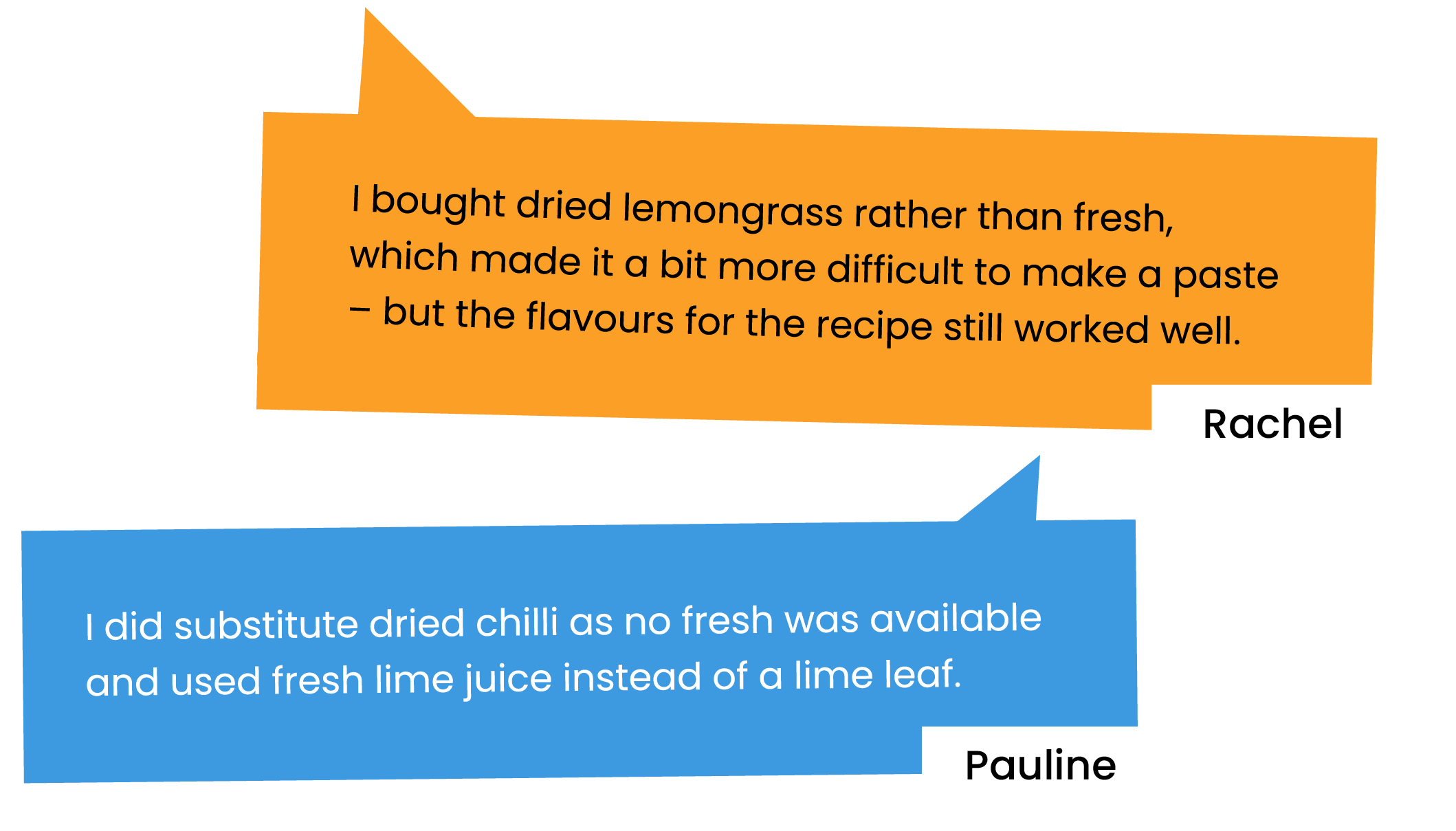
Method
1 Prepare the paste. Place the chopped lemongrass into a mortar with a pinch of salt and pound to a paste. Add the kaffir lime leaf and repeat. Then repeat with the chillies, coriander stems (reserving the leaves for garnish at the end), shallot, and lastly the garlic. Mix in the galangal. Finally, stir in the white pepper, cumin and ground coriander. Set aside.
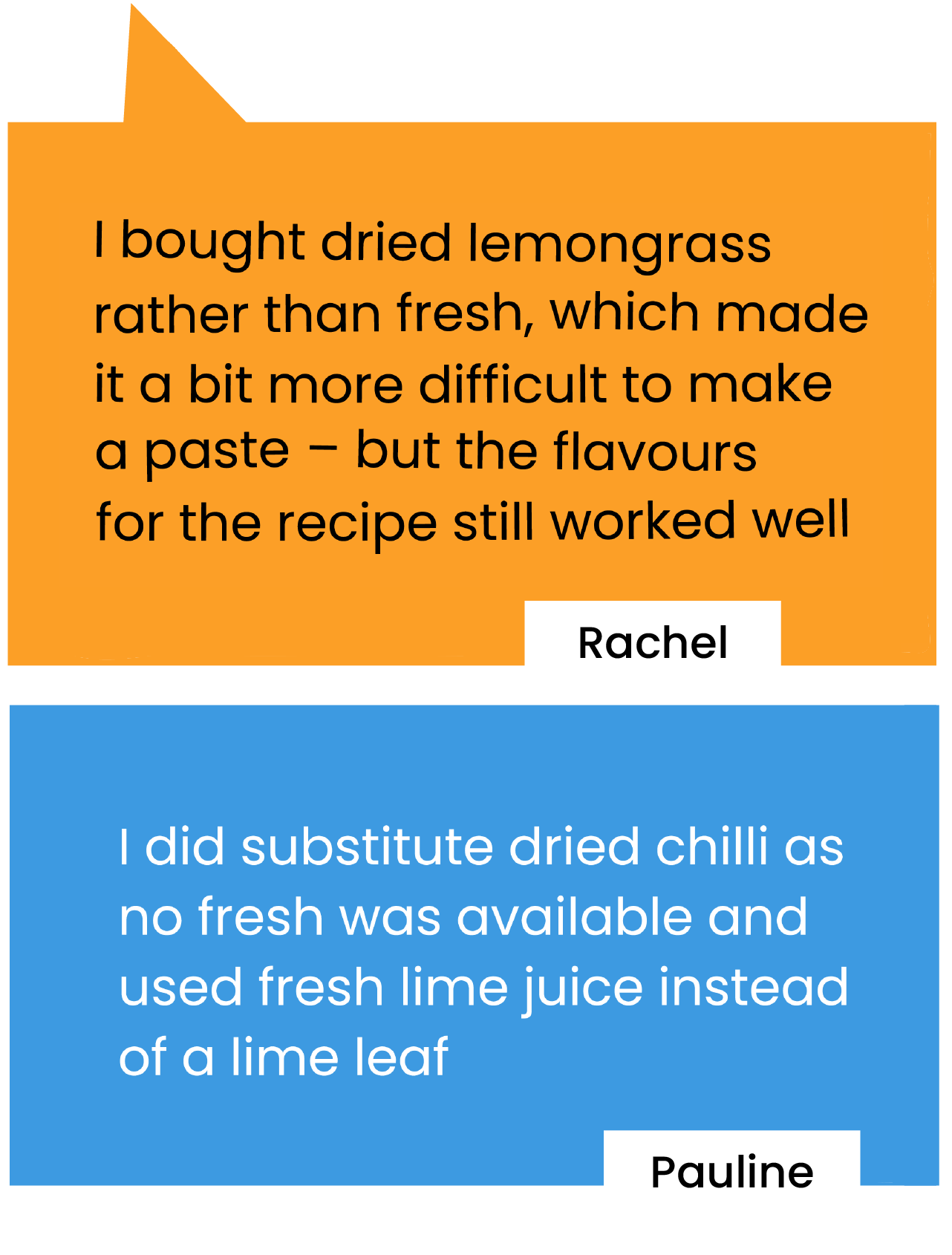
2Thoroughly rinse the mussels under cold water and remove any beards. Discard any that are cracked or do not close during this process or when tapped. Set aside.

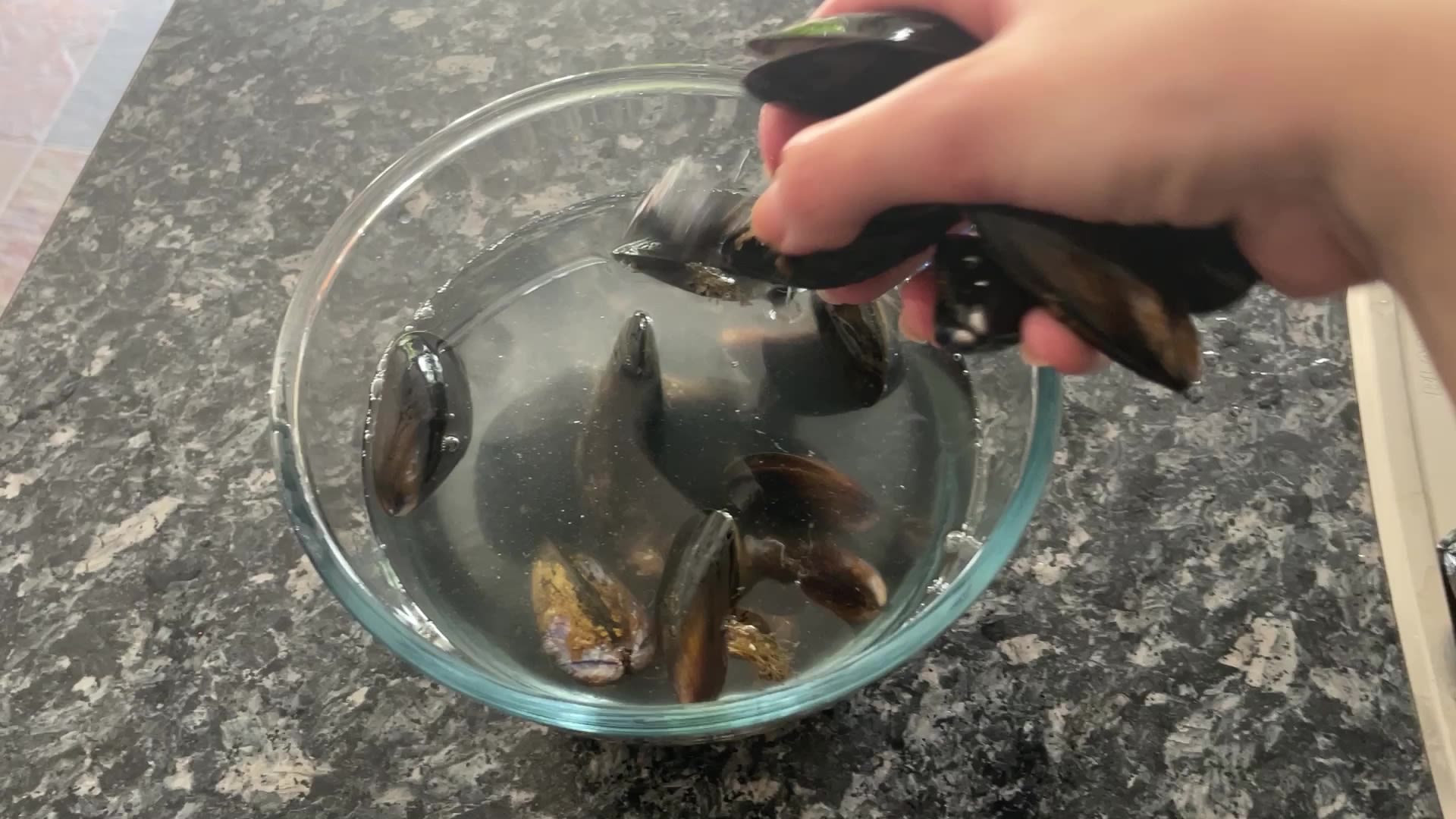
2Thoroughly rinse the mussels under cold water and remove any beards. Discard any that are cracked or do not close during this process or when tapped. Set aside.
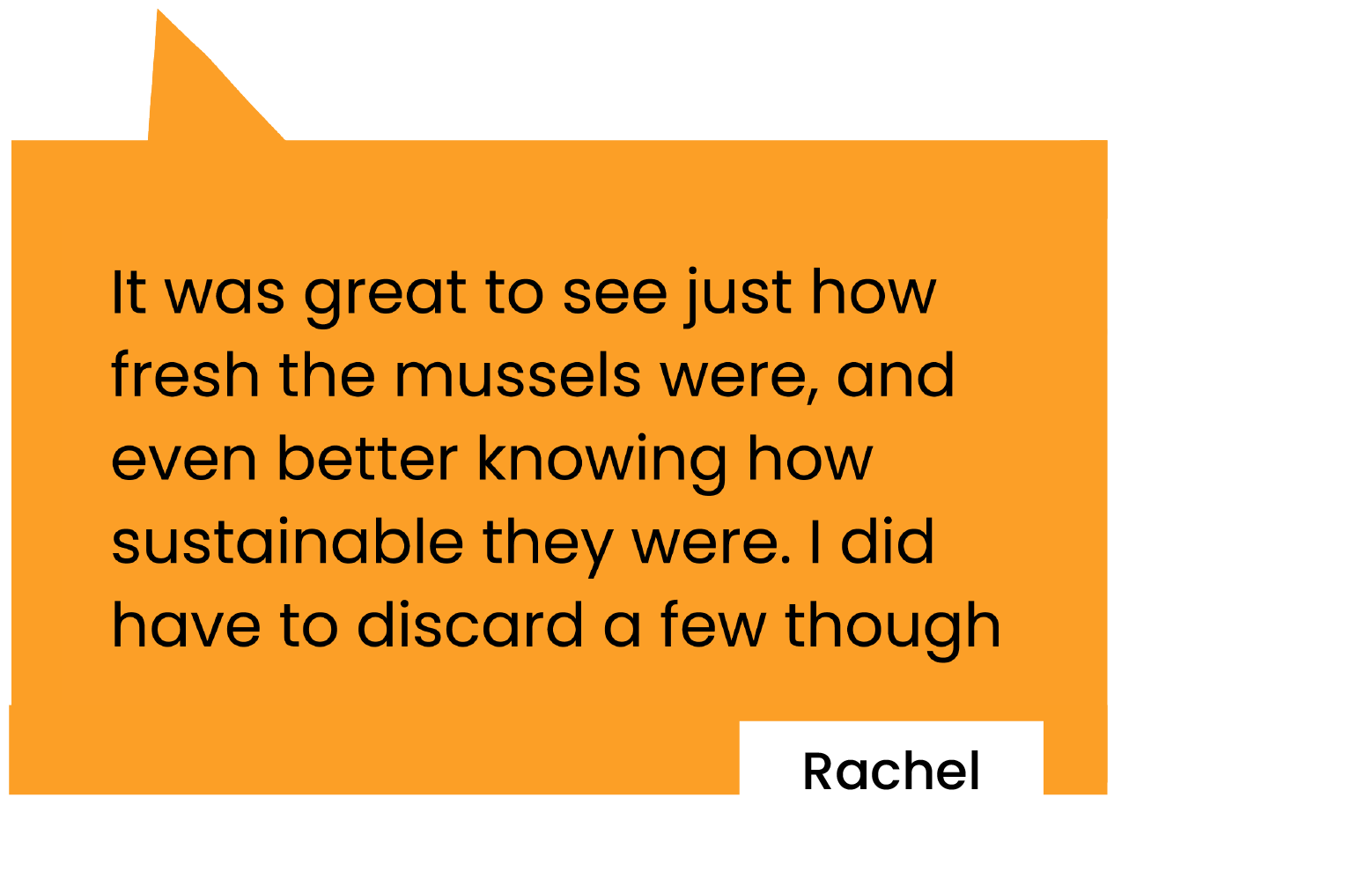

3 Heat the oil in a pan on a low-medium heat and cook the onions until soft and translucent, about 5–10 minutes. Increase the heat to medium, add the paste and lemongrass stalk and cook while stirring for a minute. Add the coconut milk and cook for a further 2 minutes. Add the mussels, cover and simmer for 3–4 minutes, shaking the pan every so often, until they open.

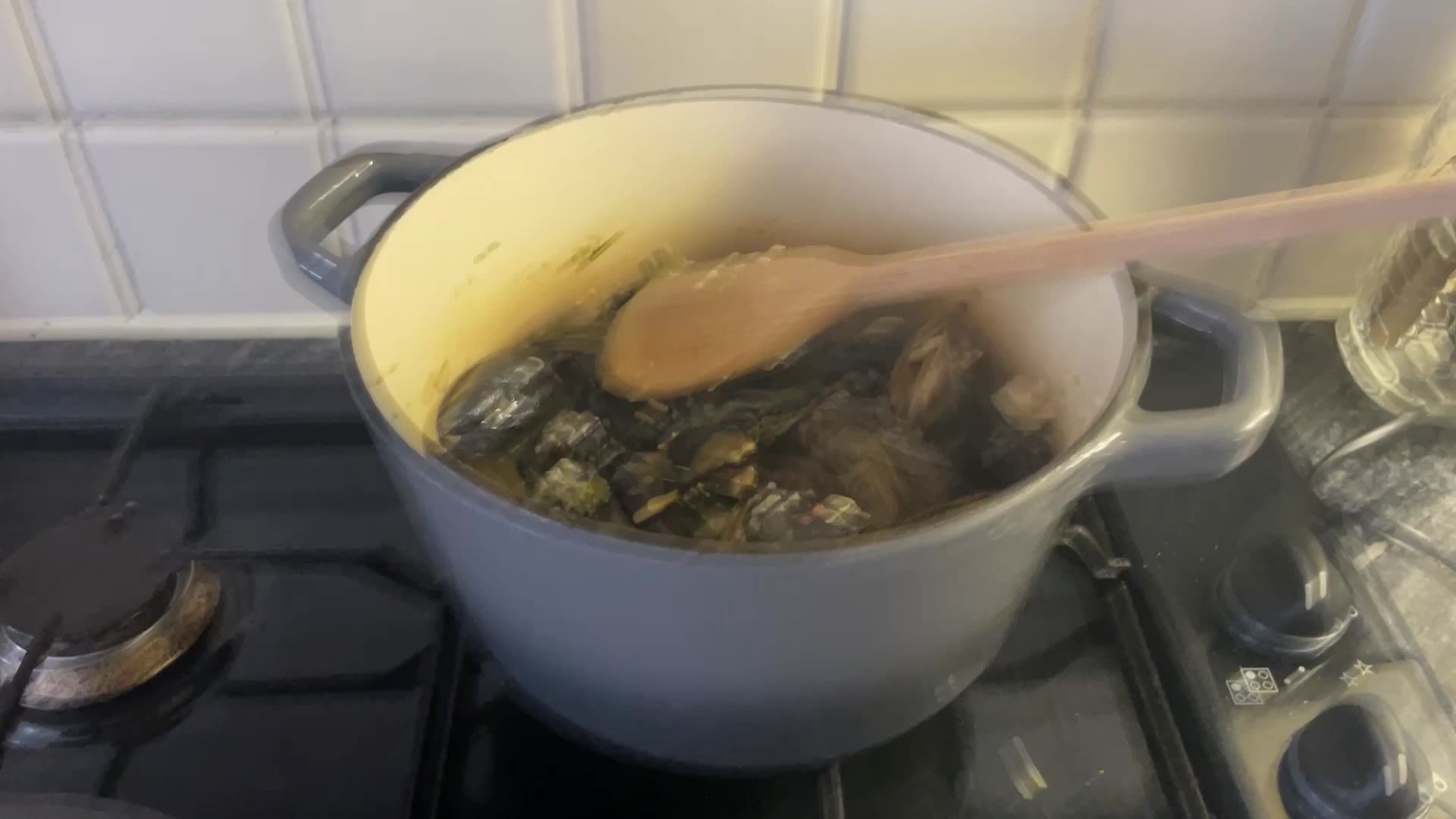
3 Heat the oil in a pan on a low-medium heat and cook the onions until soft and translucent, about 5–10 minutes. Increase the heat to medium, add the paste and lemongrass stalk and cook while stirring for a minute. Add the coconut milk and cook for a further 2 minutes. Add the mussels, cover and simmer for 3–4 minutes, shaking the pan every so often, until they open.
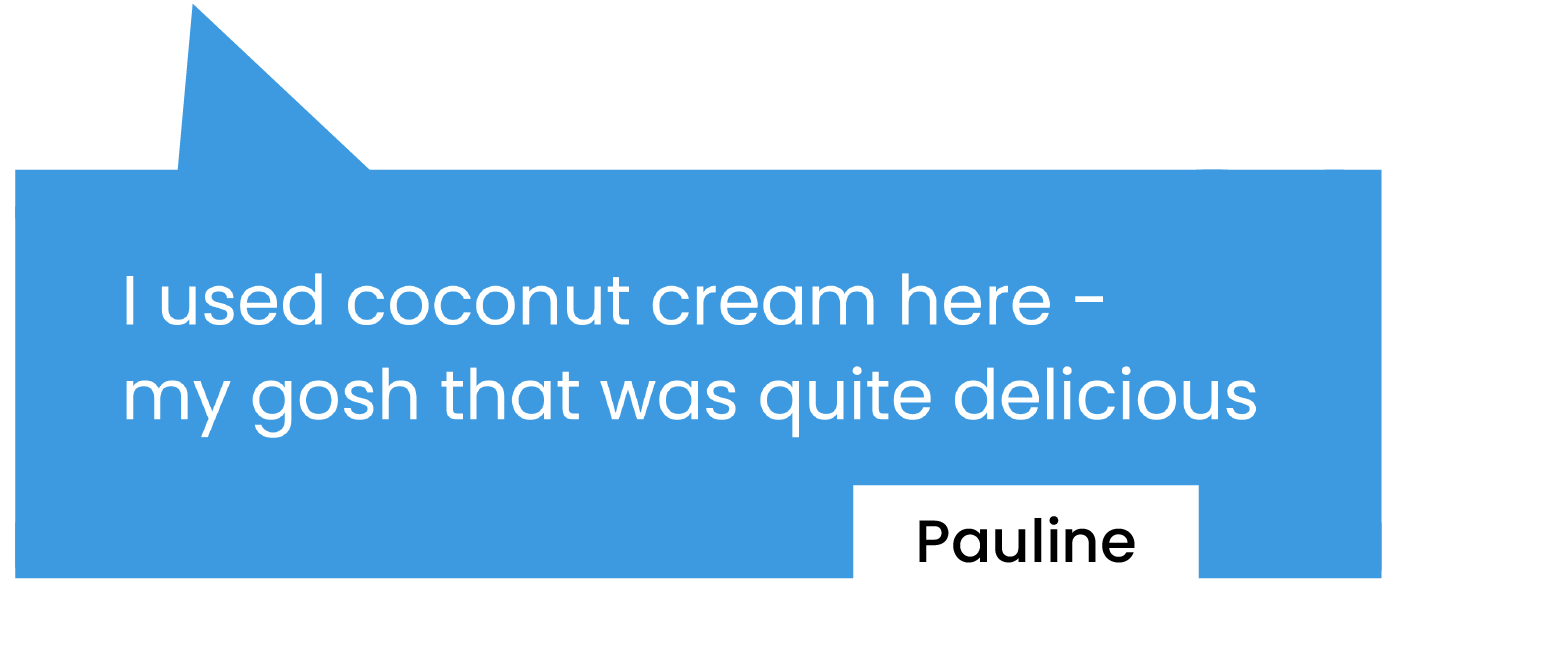

4 Remove the lemongrass and discard any mussels that have not opened.

4 Remove the lemongrass and discard any mussels that have not opened.
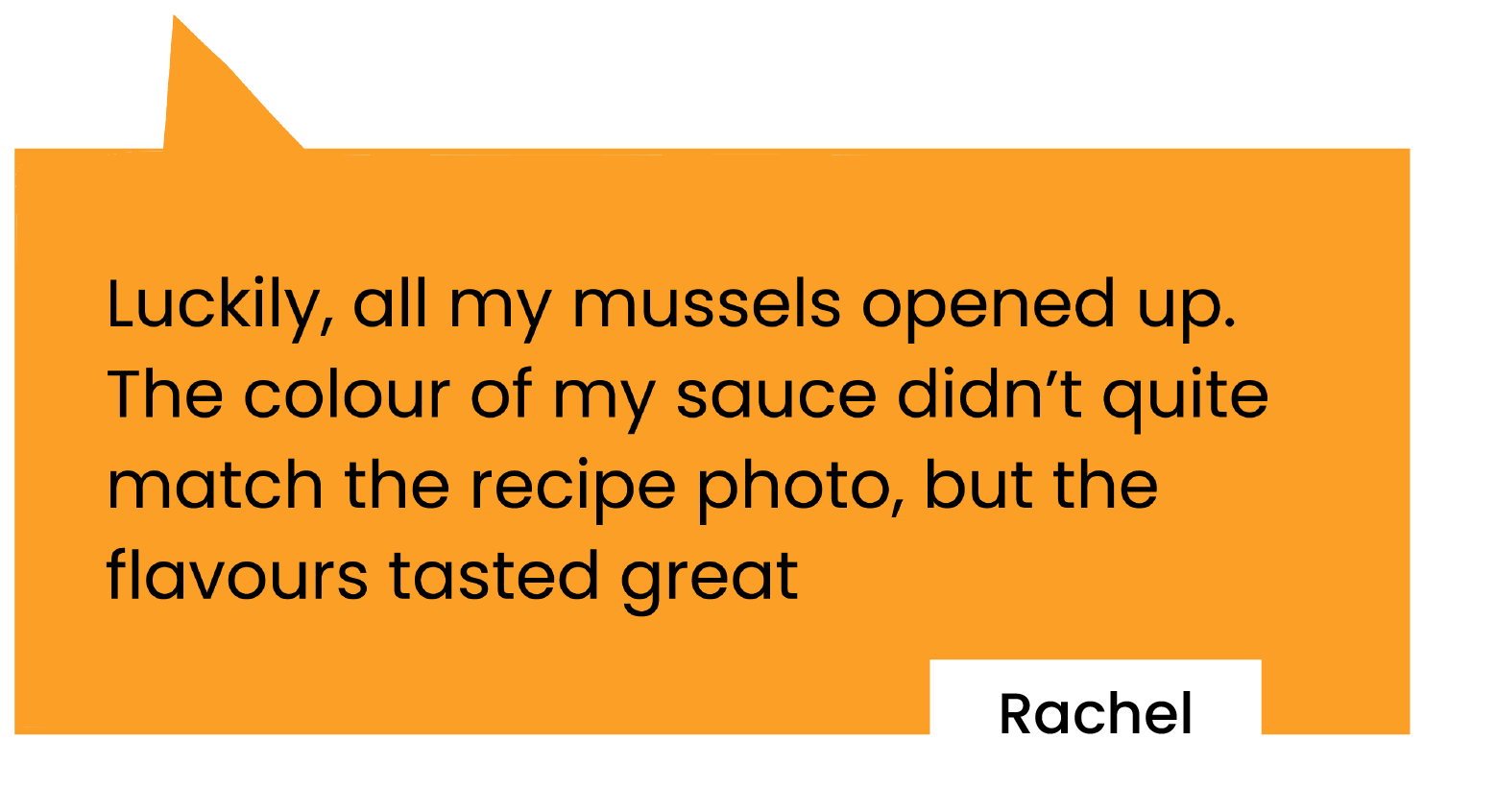
5Serve mussels sprinkled with the chilli rings and chopped coriander leaves, with jasmine rice or crusty bread.
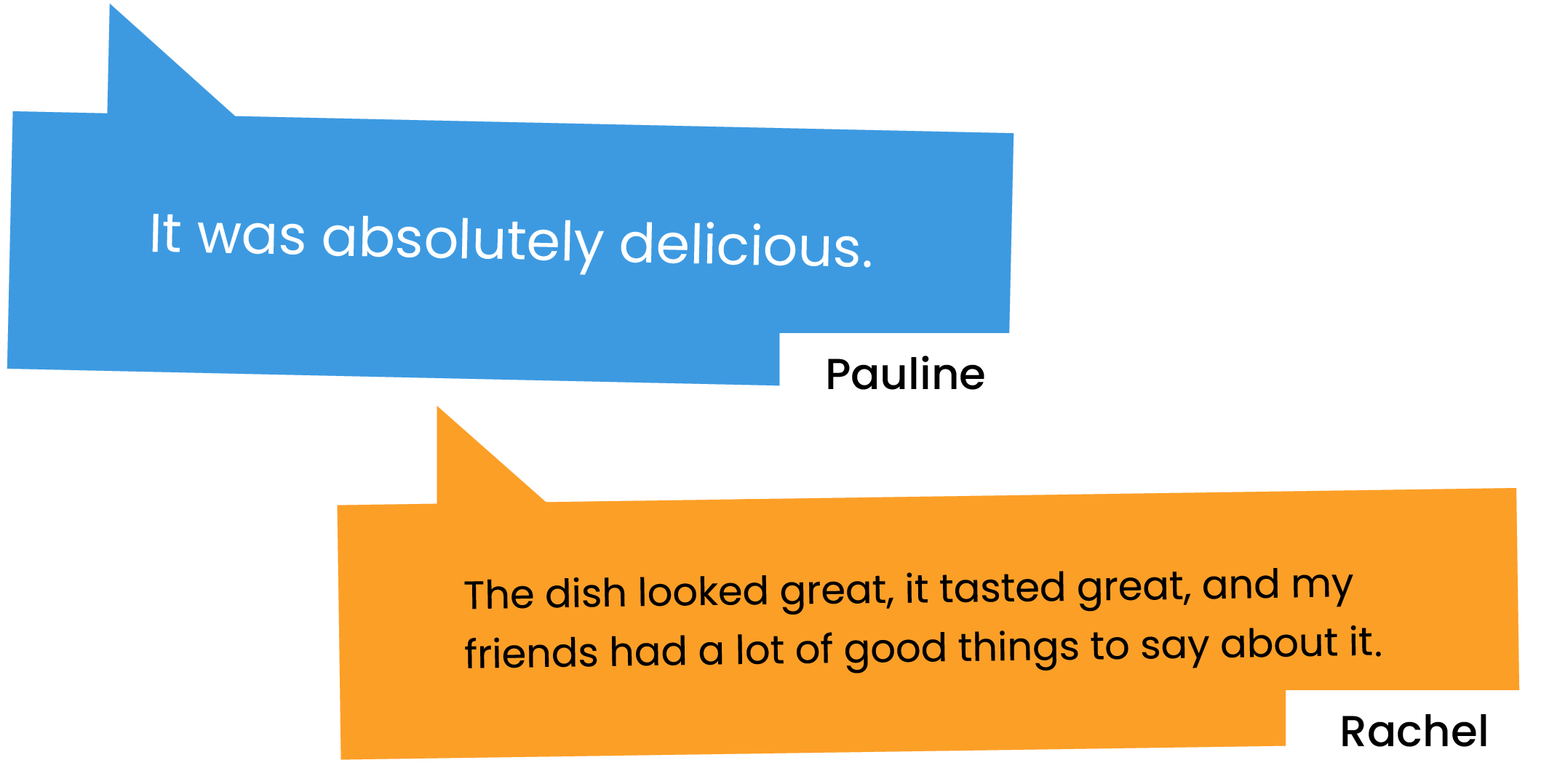

5Serve mussels sprinkled with the chilli rings and chopped coriander leaves, with jasmine rice or crusty bread.
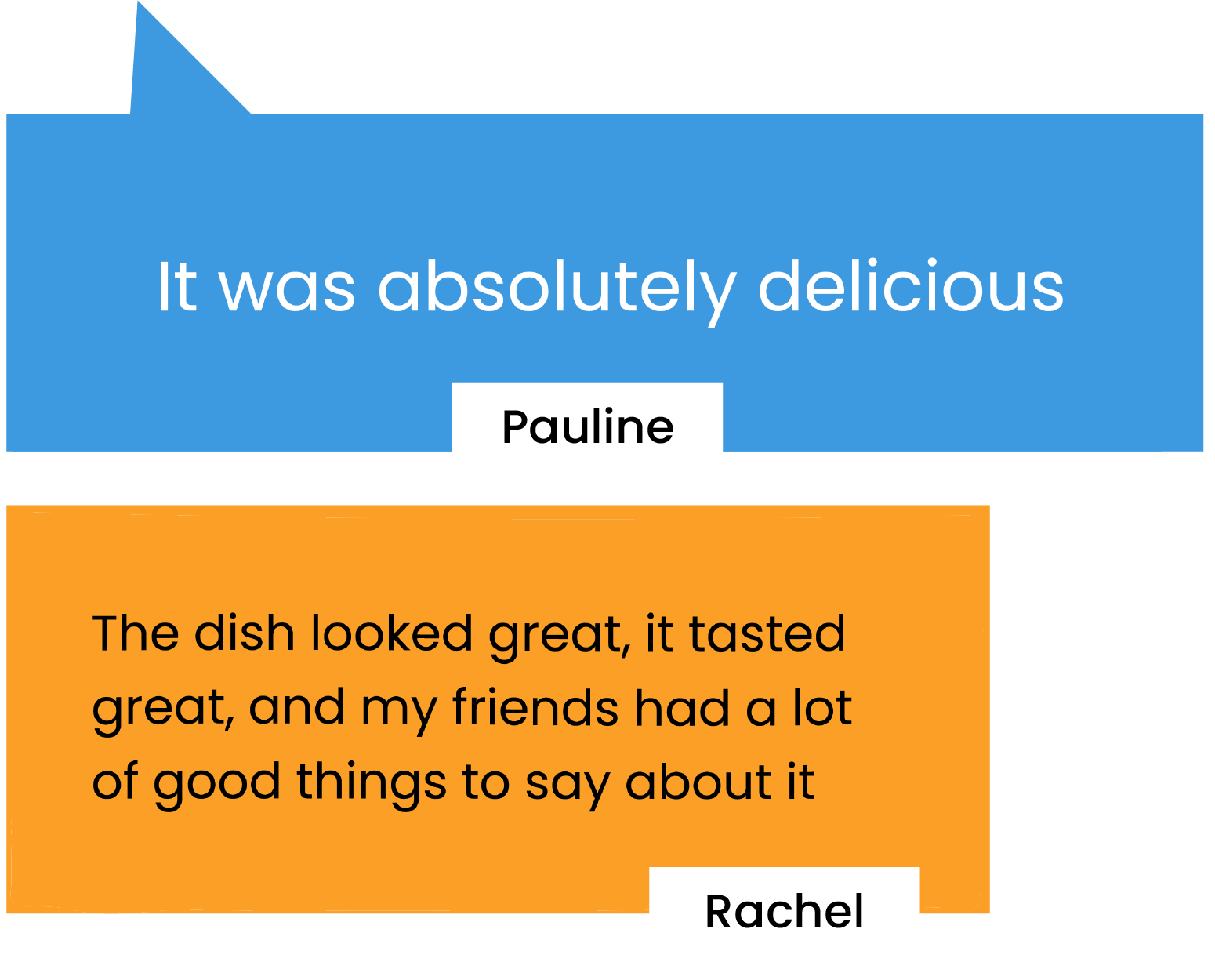

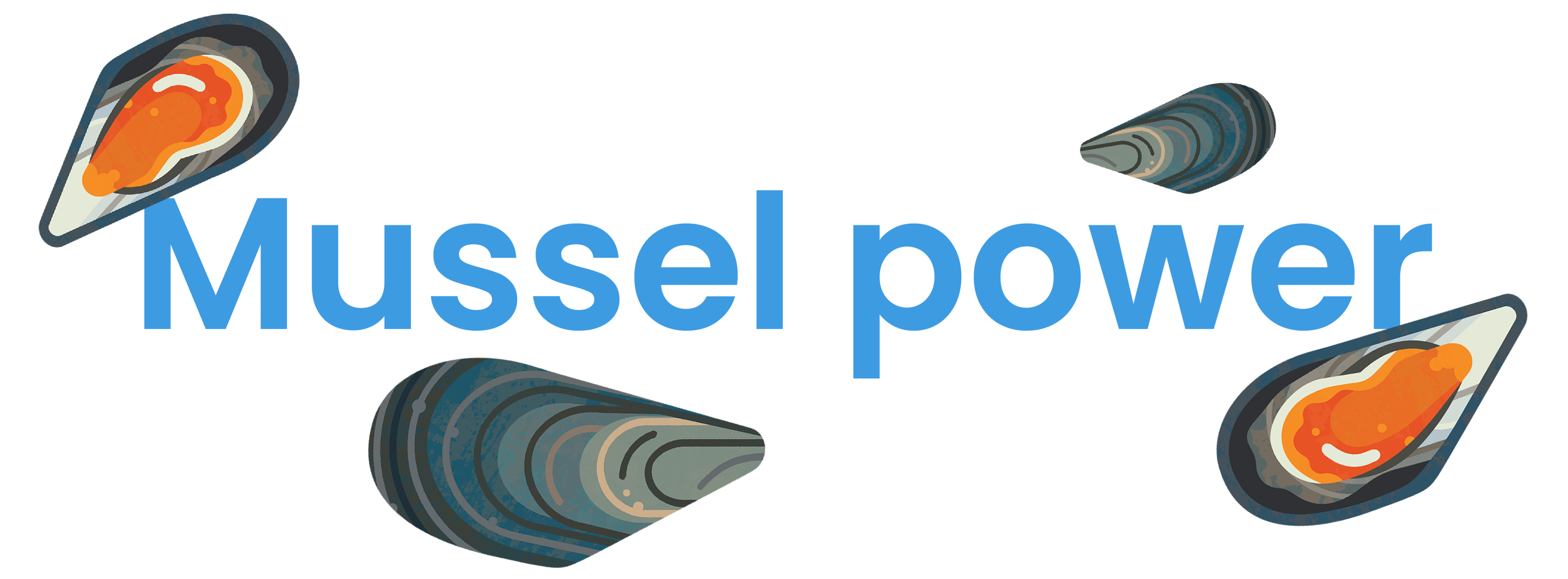
If you want to choose an environmentally positive seafood to cook that’s also budget friendly, then mussels are a great option, suggests Jack Clarke, Sustainable Seafood Advocate at the Marine Conservation Society. The mussels we buy in supermarkets are farmed and mussel farming is a sustainable practice. “Mussels take all the nutrients they need from sea water, cleaning it as they go. It’s been estimated that each mussel can filter 40 litres of water per day,” he says.
“Mussel farms also create shelter for other marine life, creating structures and food for other sea creatures. And they don’t require any chemicals, vaccines, feeding or watering. Mussels are a great high-iron, low-carbon option.”
Why use the Good Fish Guide
The fish we eat impacts the health of our ocean and the marine life that call it home. The UN claims the impact of unsustainable fishing is the biggest driver of biodiversity loss in our ocean. Around 97% of UK households eat fish and we believe there’s a firm place for responsible, well-managed fishing and aquaculture in our vision for healthy seas.
When consumers choose sustainable seafood, it encourages supermarkets and restaurants to demand it from their suppliers. This demand can reward fisheries who adopt sustainable practices. It also encourages governments to improve management.
“If we’re more mindful with our midweek meals, we can really reduce our impact on the planet. Swapping out familiar favourites, like beef or salmon for farmed mussels is a great way to do this,” says Jack.
We know it’s difficult trying to unpick the latest science – that’s why we launched the Good Fish Guide over 20 years ago. Whether you’re in a restaurant, planning a meal or standing at the fish counter, the Good Fish Guide can help you make responsible choices and know which fish to avoid.
We update our Good Fish Guide ratings twice every year, so you can rest assured that they’re accurate and reflect the latest science and environmental conditions. It even provides you with more sustainable alternatives to the familiar favourites.
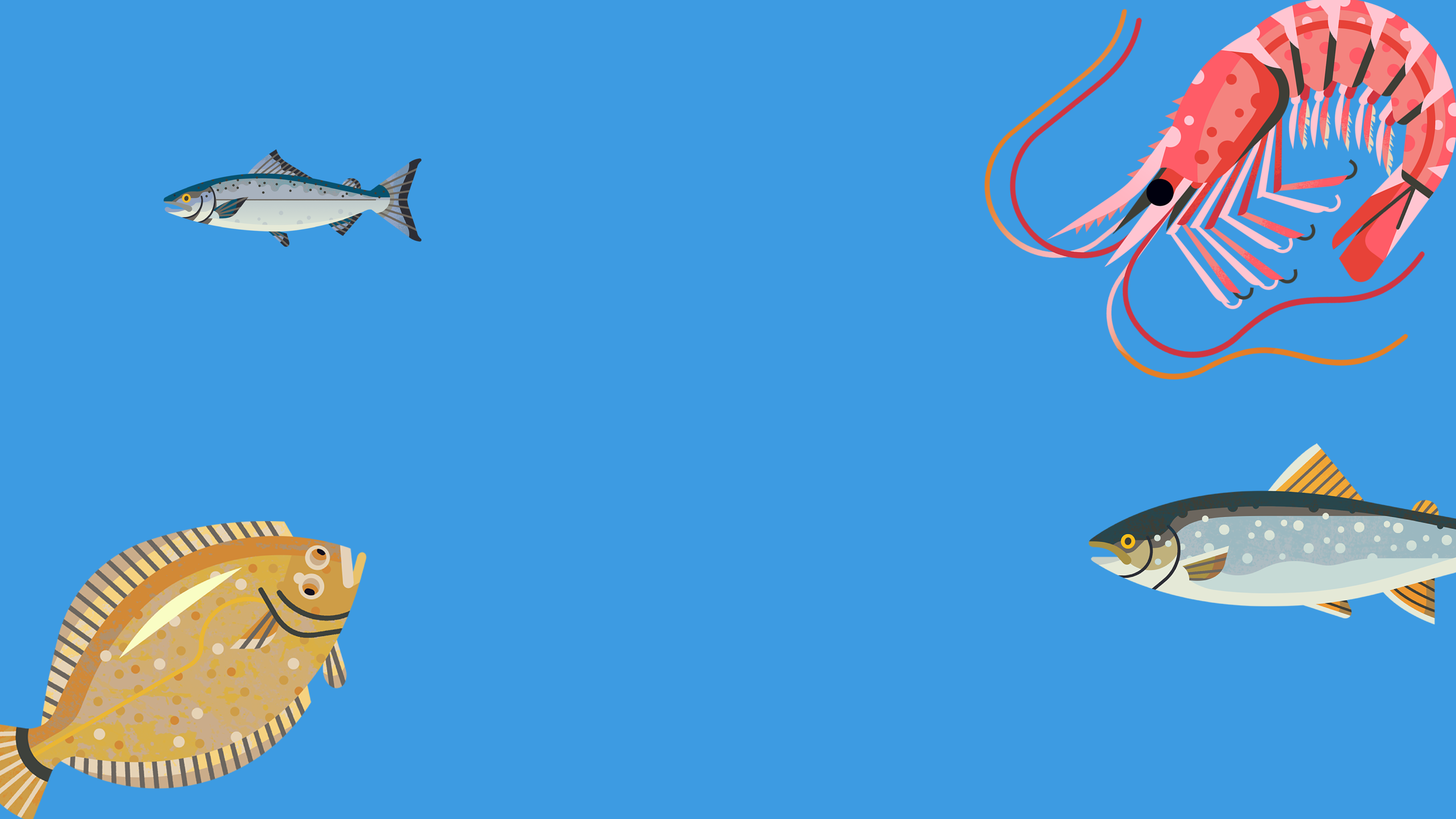

If you want to choose an environmentally positive seafood to cook that’s also budget friendly, then mussels are a great option, suggests Jack Clarke, Sustainable Seafood Advocate at the Marine Conservation Society. The mussels we buy in supermarkets are farmed and mussel farming is a sustainable practice. “Mussels take all the nutrients they need from sea water, cleaning it as they go. It’s been estimated that each mussel can filter 40 litres of water per day,” he says.
“Mussel farms also create shelter for other marine life, creating structures and food for other sea creatures. And they don’t require any chemicals, vaccines, feeding or watering. Mussels are a great high-iron, low-carbon option.”
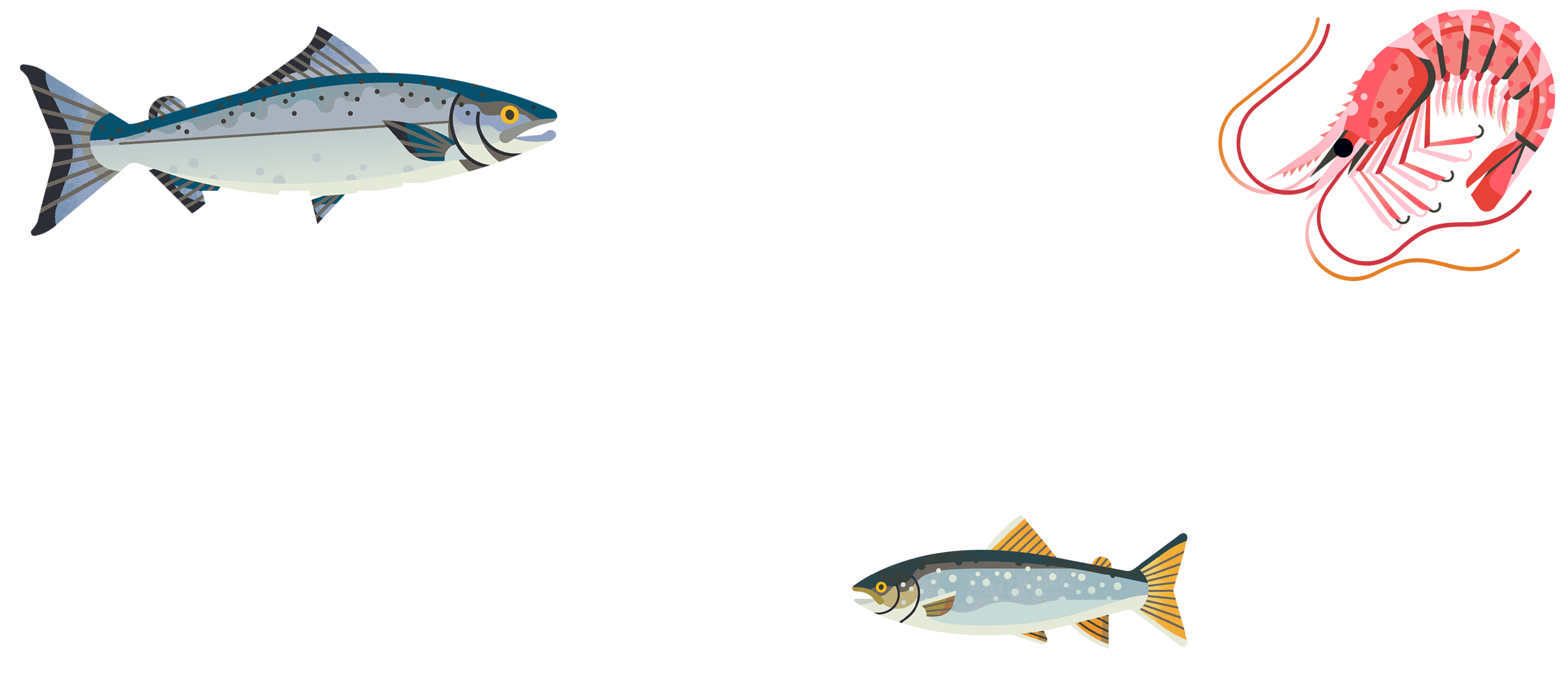
The fish we eat impacts the health of our ocean and the marine life that call it home. The UN claims the impact of unsustainable fishing is the biggest driver of biodiversity loss in our ocean. Around 97% of UK households eat fish and we believe there’s a firm place for responsible, well-managed fishing and aquaculture in our vision for healthy seas.
When consumers choose sustainable seafood, it encourages supermarkets and restaurants to demand it from their suppliers. This demand can reward fisheries who adopt sustainable practices. It also encourages governments to improve management.
“If we’re more mindful with our midweek meals, we can really reduce our impact on the planet. Swapping out familiar favourites, like beef or salmon for farmed mussels is a great way to do this,” says Jack.
We know it’s difficult trying to unpick the latest science – that’s why we launched the Good Fish Guide over 20 years ago. Whether you’re in a restaurant, planning a meal or standing at the fish counter, the Good Fish Guide can help you make responsible choices and know which fish to avoid.
We update our Good Fish Guide ratings twice every year, so you can rest assured that they’re accurate and reflect the latest science and environmental conditions. It even provides you with more sustainable alternatives to the familiar favourites.
See how the sustainability of your seafood stacks up in the Good Fish Guide. Tap the link and add the guide to your mobile home screen.

